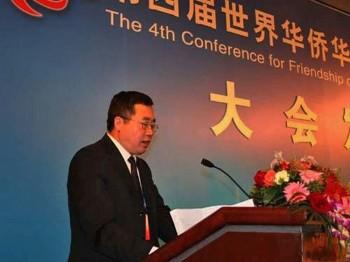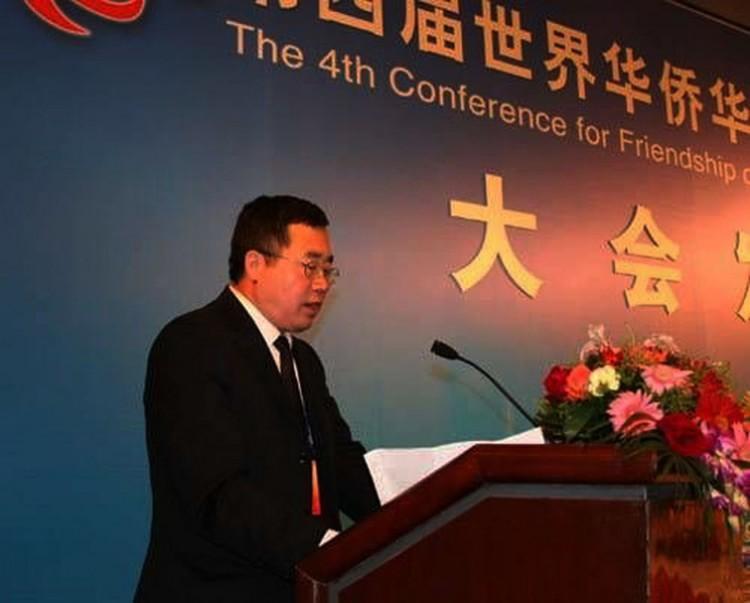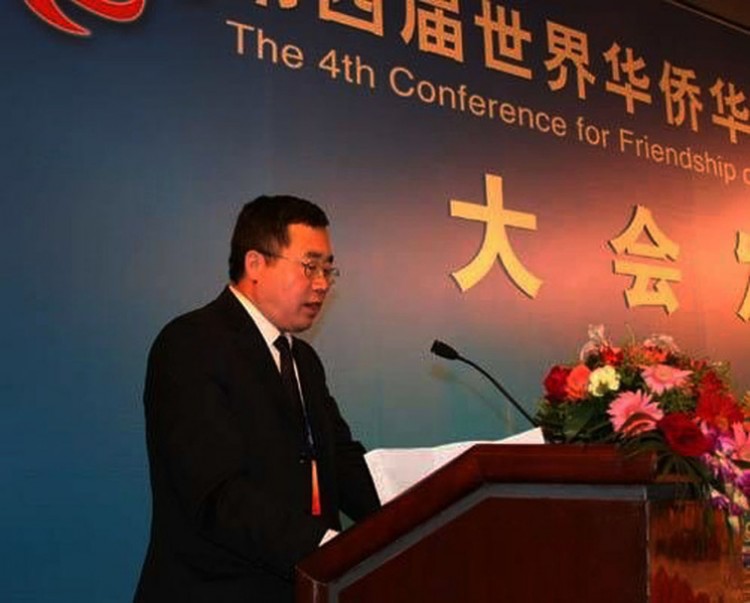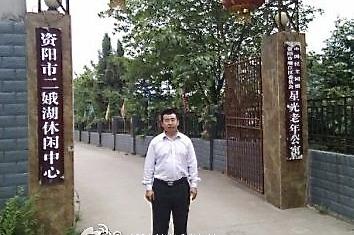Suspected Spy Has Deep Ties to Chinese Regime
A Chinese-American man arrested by the FBI on suspicion of stealing reams of proprietary code from his former employer, the CME Group, has deep ties with the Chinese Communist Party and its overseas patriotic organizations.

ACCUSED: Yang Chunlai, a pro-Chinese Communist Party activist in the United States, is accused of stealing large amounts of sensitive, proprietary code from his former employer, the Chicago-based CME Group. Photo from a Chinese website
|Updated:





